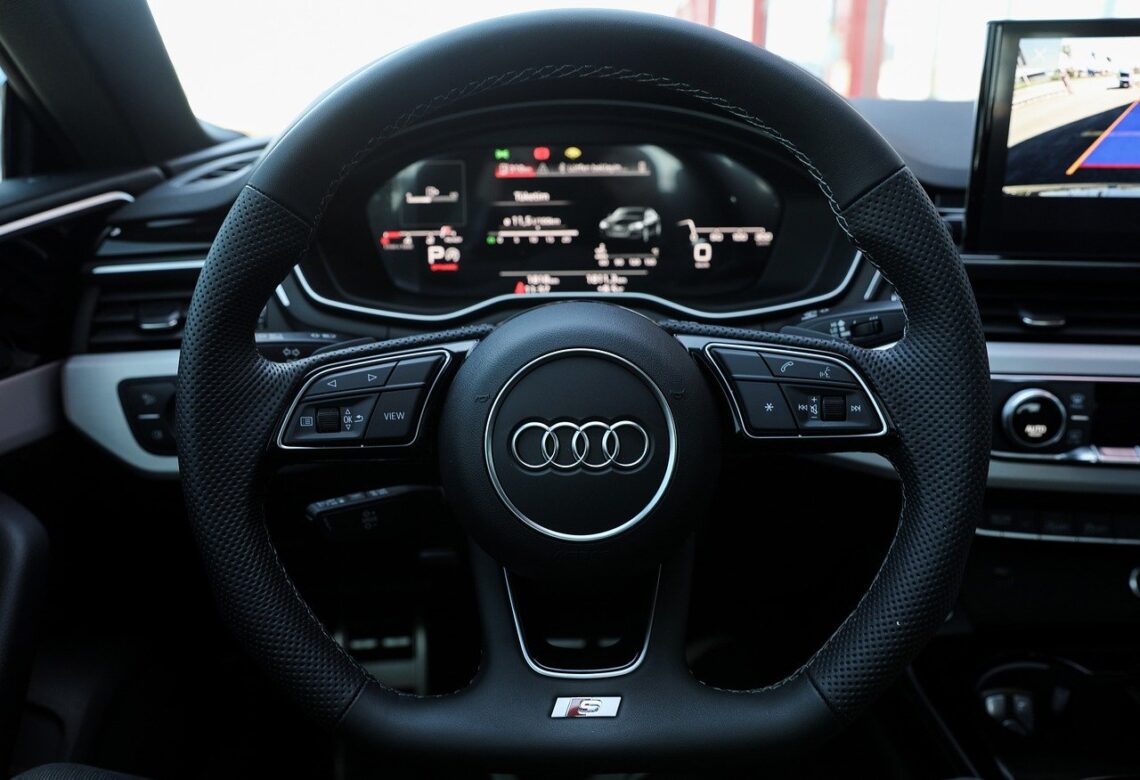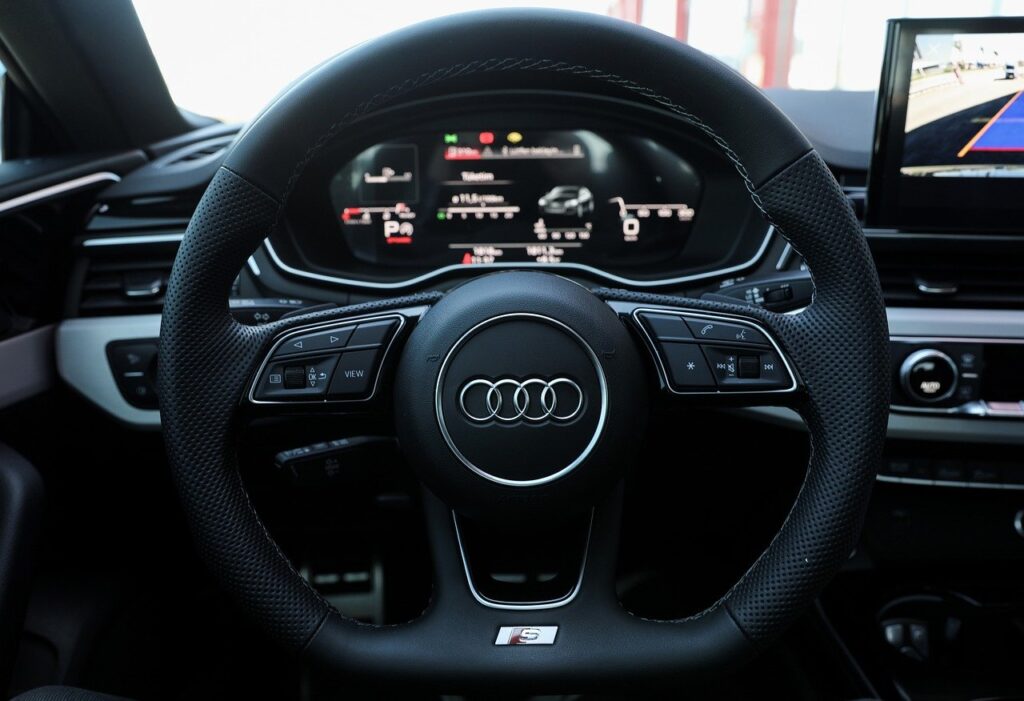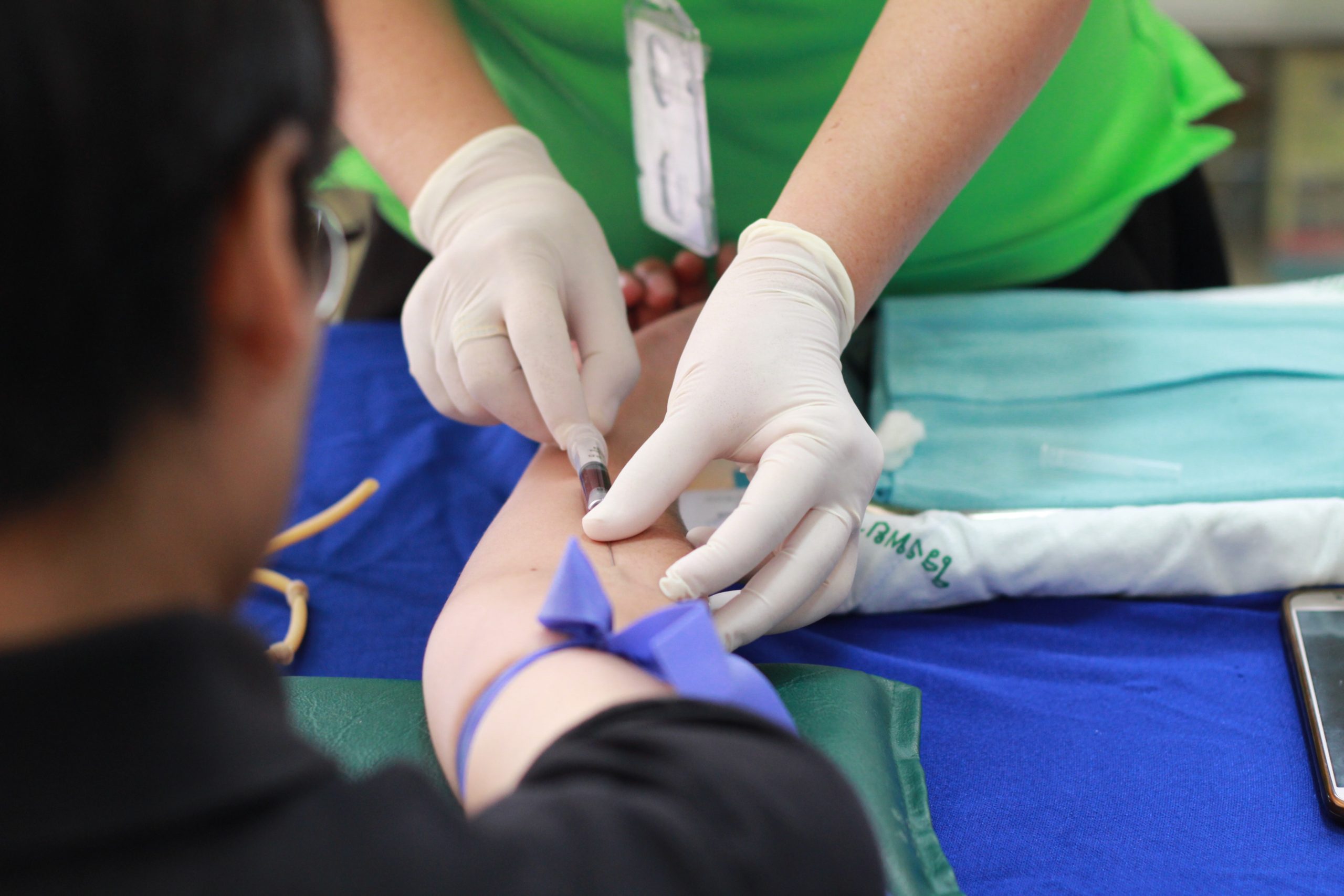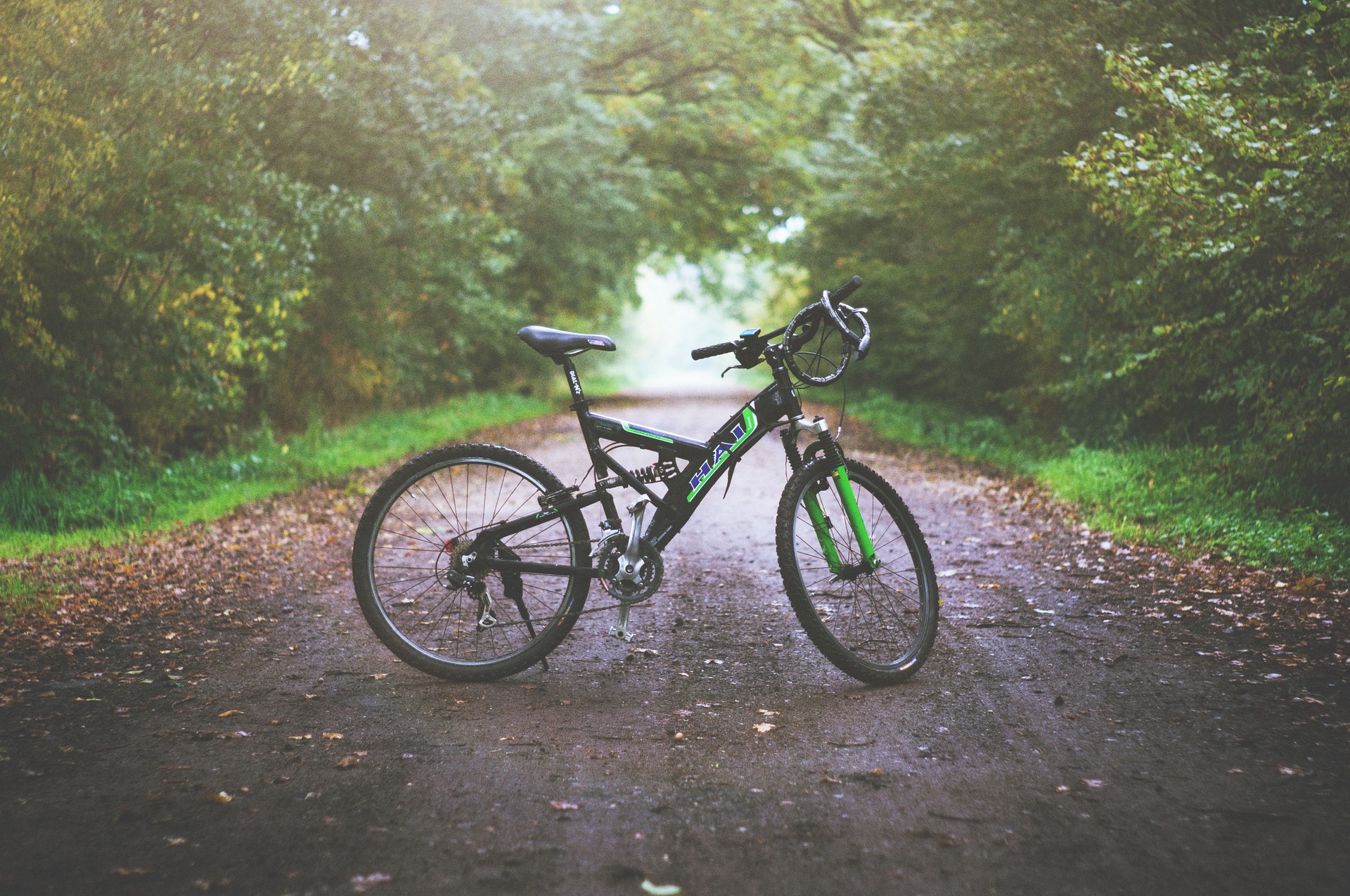
Navigating the Complex World of Disputed Liability in Vehicle Accidents*
Vehicle crashes can be traumatic and, unfortunately, they often come with complications beyond the immediate impact. One of the most challenging issues to address after a crash is disputed liability. This occurs when there is disagreement over who is at fault, which can significantly delay settlements and increase stress for those involved. Understanding how to handle these disputes effectively can save you time, money, and frustration.
In this blog post, we’ll explore the intricacies of disputed liability in vehicle accidents, offering insights into how these disputes arise, what steps can be taken to resolve them, and the role of legal assistance in navigating these situations. Whether you’re a driver, passenger, or pedestrian, knowing how to handle disputed liability can make a significant difference in your post-accident experience.

Understanding Disputed Liability
What Is Disputed Liability?
Disputed liability arises in vehicle crashes when the parties involved cannot agree on who is responsible for the accident. This disagreement can stem from various sources, including conflicting witness accounts, lack of clear evidence, or differing interpretations of traffic laws.
Insurance companies often get involved in these disputes, as they are responsible for determining fault and deciding on settlements. Misunderstandings about road rules and the absence of definitive proof can lead to protracted negotiations and, in some cases, courtroom battles. Understanding the root causes of disputed liability is the first step in effectively handling it.
Common Causes of Disputed Liability
There are several common reasons why liability disputes occur in vehicle crashes. One frequent cause is conflicting accounts from the drivers involved. Each may recall different details or interpret the events leading up to the crash differently, complicating the determination of fault.
Additionally, witness statements can vary, adding to the confusion. Environmental factors, such as poor weather conditions or road construction, can also obscure liability. Whatever the cause, understanding these factors can help you anticipate potential disputes and prepare for them accordingly.
The Role of Evidence in Resolving Disputes
In cases of disputed liability, evidence plays a crucial role in resolving the conflict. Gathering as much information as possible at the scene of the accident is vital. This includes taking photographs, obtaining contact details from witnesses, and noting any relevant environmental conditions.
Police reports are also valuable pieces of evidence, as they provide an official account of the accident. In some instances, dashcam footage or surveillance videos from nearby businesses can offer definitive proof of events. Collecting and organizing this evidence can significantly bolster your position in a liability dispute.
Steps to Take After an Accident
Immediate Actions at the Scene
If you find yourself involved in a vehicle crash, taking prompt action at the scene is critical. Ensure everyone’s safety first and check for injuries. Once safe, exchange information with the other parties involved, including names, contact details, insurance information, and vehicle registration numbers.
Document the scene thoroughly. Use your phone to capture photos of the vehicles, any visible damage, and the surrounding area. This documentation will serve as crucial evidence should a dispute arise. Also, if there are any witnesses, attempt to get their contact information for future reference.
Reporting the Accident to the Authorities
Reporting the accident to the police is an important step in any vehicle crash. An official police report not only provides an unbiased account of the incident but also serves as a key document in resolving liability disputes. Be sure to answer questions honestly and provide any evidence you’ve gathered.
In some areas, minor accidents may not require a police report, but it is still advisable to file one if there is any possibility of a liability dispute. The presence of a police report can be instrumental in negotiations with insurance companies and in court.
Contacting Your Insurance Company
After ensuring everyone’s safety and reporting the incident, the next step is to contact your insurance company. Notify your insurer promptly and provide them with all the details and evidence from the accident. This includes sharing the police report number and any documents you have collected.
It’s important to cooperate fully with your insurance company during their investigation. However, be cautious about admitting fault, as doing so can influence the outcome of any liability dispute. Providing factual information and evidence will help your insurer advocate effectively on your behalf.
Legal Assistance in Disputed Liability Cases
When to Seek Legal Help
In cases where liability is disputed and you face challenges in reaching a resolution, seeking legal assistance may be necessary. A qualified attorney can help protect your rights and guide you through the complexities of the legal process. They can also provide valuable advice on how to proceed with your case.
Legal representation can be particularly beneficial if the dispute involves significant property damage, severe injuries, or complex legal issues. An experienced attorney will have the knowledge and resources needed to effectively advocate for you, potentially leading to a more favorable outcome.
How an Attorney Can Assist You
An attorney specializing in vehicle accident cases can offer several forms of assistance. They can help gather and analyze evidence, negotiate with insurance companies, and represent you in court if necessary. Their expertise in traffic laws and liability can be invaluable in building a strong case.
For example, if you’re involved in a motorcycle accident, consulting with a motorcycle accident attorney in Utah can provide tailored advice specific to your situation. Such attorneys have experience dealing with motorcycle-specific issues and can offer insights into local laws that may affect your case.
Choosing the Right Legal Representation
Choosing the right attorney is crucial to effectively handle disputed liability cases. Look for a lawyer with a proven track record in vehicle accident litigation and positive client reviews. Consider scheduling consultations with multiple attorneys to find one you feel comfortable working with.
An attorney’s familiarity with local traffic laws and court procedures can also influence the resolution of your case. Be sure to discuss fees, payment structures, and case strategies during your initial meetings to ensure a good fit for your needs and budget.
Conclusion
Handling disputed liability in vehicle crashes requires diligence, evidence, and sometimes legal expertise. By understanding the common causes of liability disputes, taking the right steps at the scene, and seeking legal advice when necessary, you can protect your rights and interests.
Remember, the goal is to resolve the dispute as efficiently as possible, minimizing stress and financial burdens. If you’re facing a liability dispute, consider reaching out to legal professionals who can provide personalized advice and support tailored to your situation.




